Mali’s military-led government has officially dissolved all political parties in the country, escalating its clampdown on dissent amid growing domestic and international condemnation, as per Al Jazeera.
The announcement was delivered in a televised statement on Tuesday and confirmed by interim President Assimi Goita, who came to power following two coups in 2020 and 2021.
The move follows weeks of mounting unrest and protests calling for a return to democratic governance. On May 3 and 4, demonstrators took to the streets in rare displays of defiance, holding placards reading “Down with dictatorship, long live democracy.” The protests were triggered by a national conference held in April that recommended Goita remain in power until 2030 — a proposal swiftly denounced by opposition leaders and human rights organizations.
In response, the government issued a decree suspending all political activity nationwide, which forced opposition groups to cancel a planned protest scheduled for Friday. The dissolution of political parties marks a further tightening of the military’s grip on power.
Reports of Arrests and Disappearances
The crackdown has coincided with troubling reports of abductions and disappearances of political figures. Human Rights Watch (HRW) reported last week that Abba Alhassane, secretary-general of the Convergence for the Development of Mali (CODEM), was abducted by masked gunmen. The same day, El Bachir Thiam, leader of the opposition Yelema party, was reportedly seized by unidentified individuals in Kati, a town near Bamako.
On Tuesday, a CODEM official speaking to Reuters on condition of anonymity said the party had lost contact with Abdoul Karim Traore, a youth leader, and believed he may have been abducted as well.
Backdrop of Instability and Violence
Goita initially seized power in August 2020 amid public dissatisfaction with the elected government’s handling of escalating violence from armed groups affiliated with ISIL (ISIS) and al-Qaeda-linked Jama’at Nusrat al-Islam wal-Muslimin (JNIM). A wave of protests in July 2020 was violently suppressed, resulting in at least 14 deaths during a crackdown by security forces.
Since taking power, Mali’s military government has faced increasing scrutiny over its human rights record.

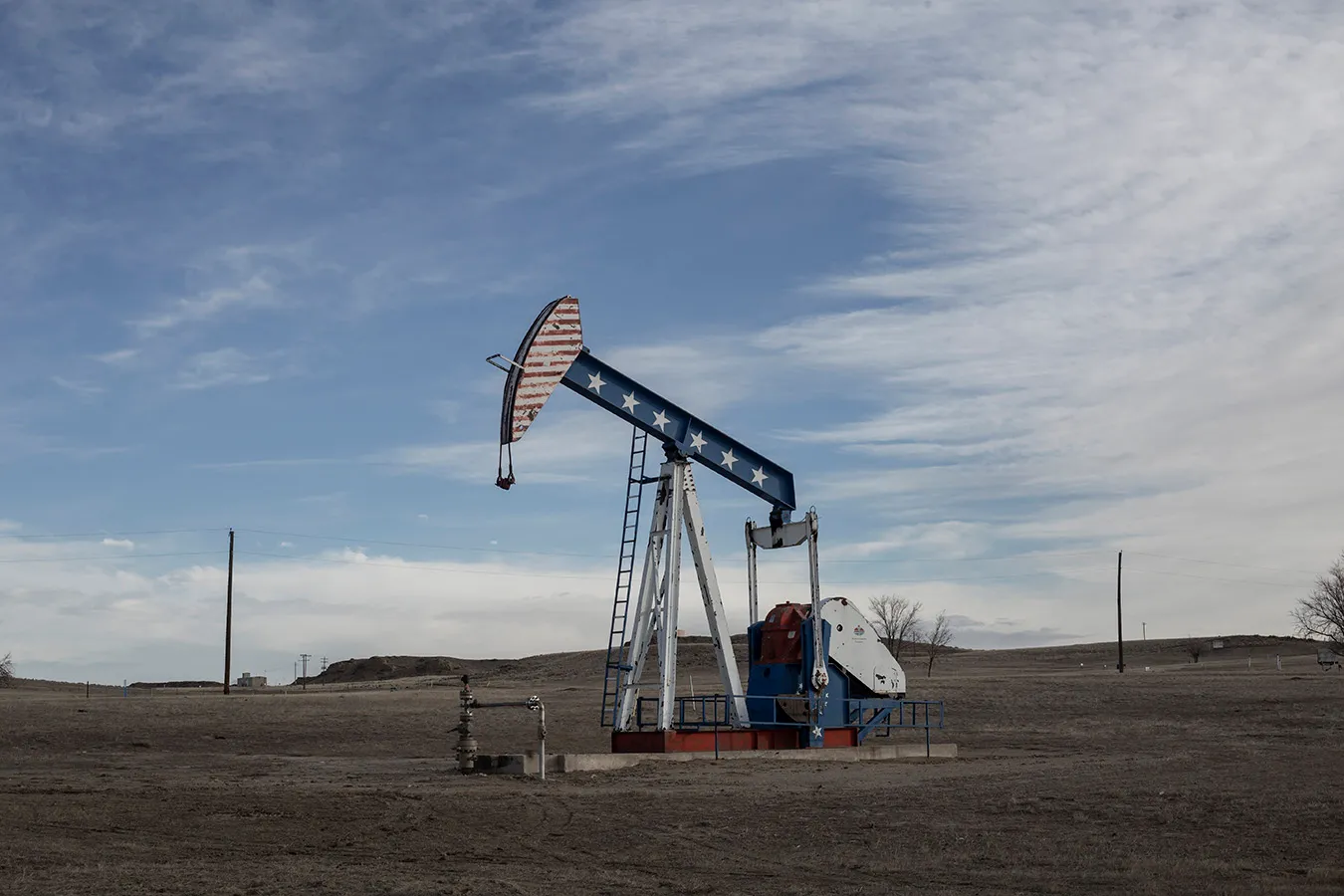
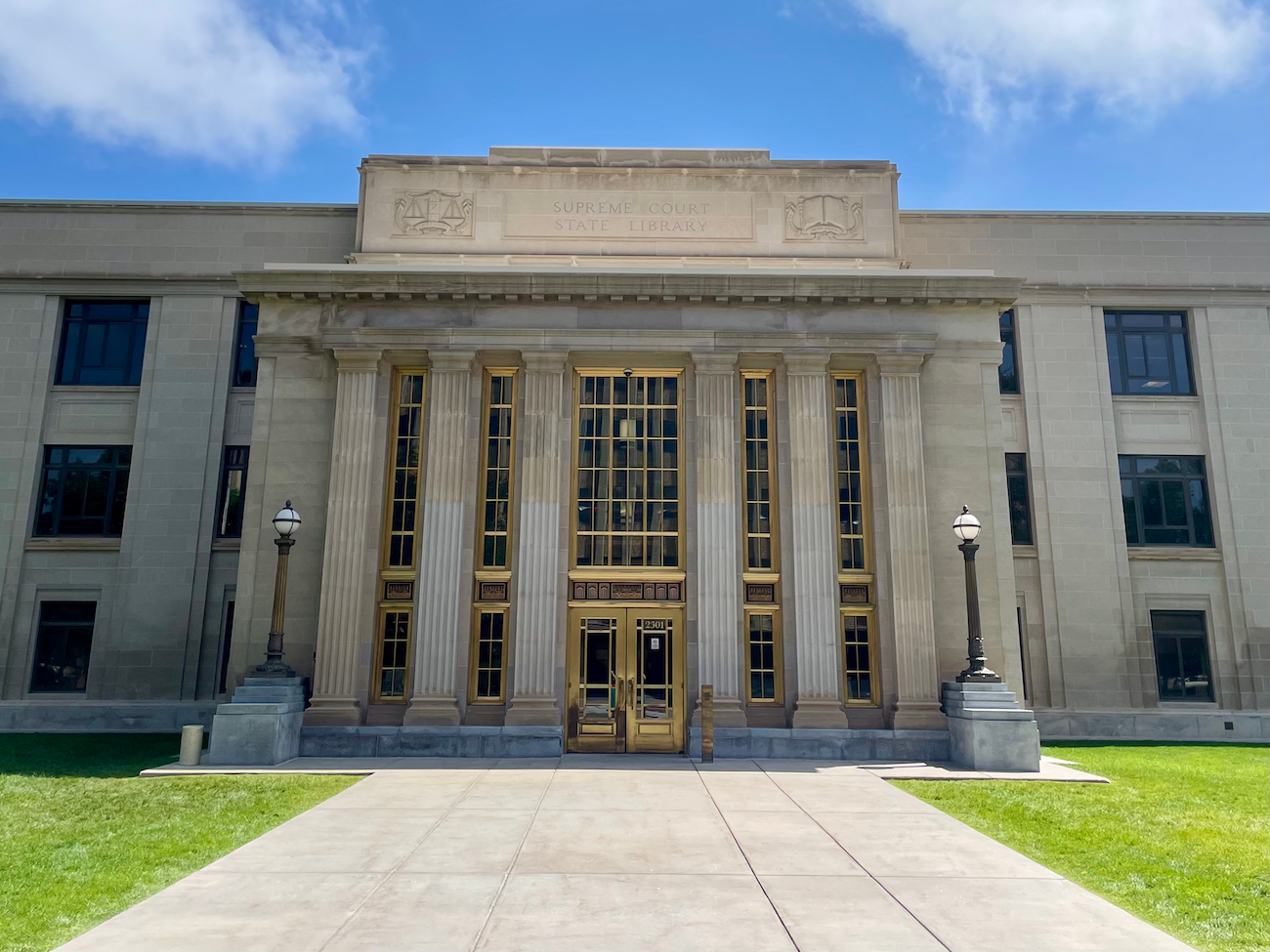
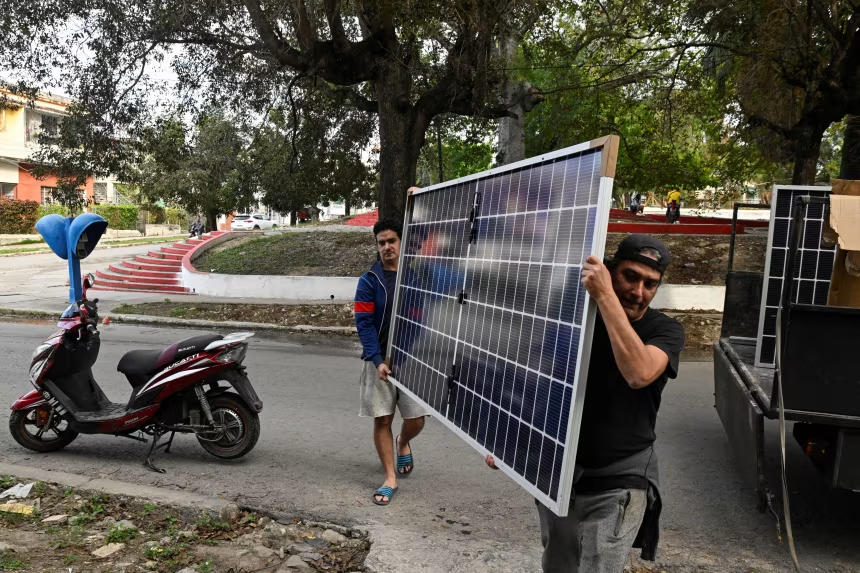
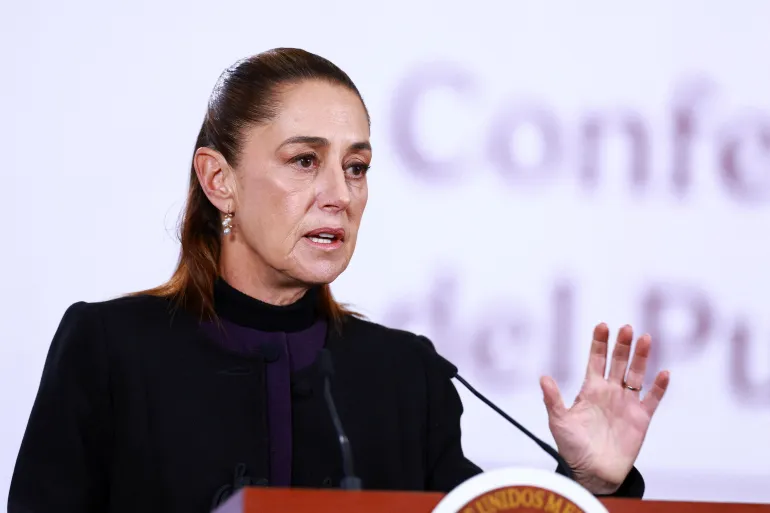
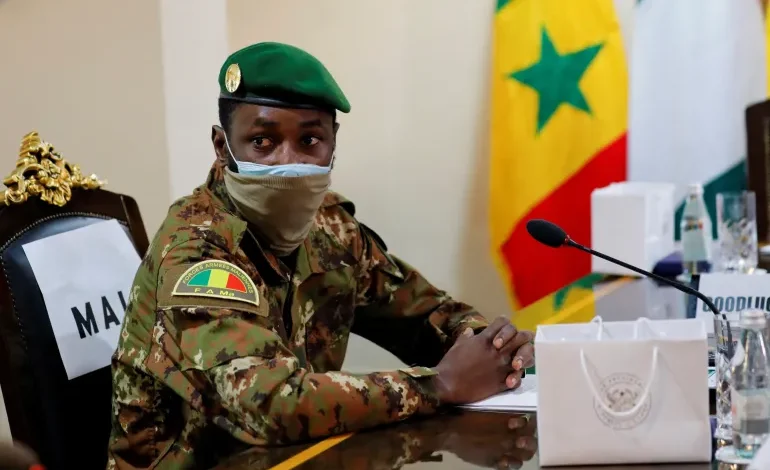




The latest news in your social feeds
Subscribe to our social media platforms to stay tuned